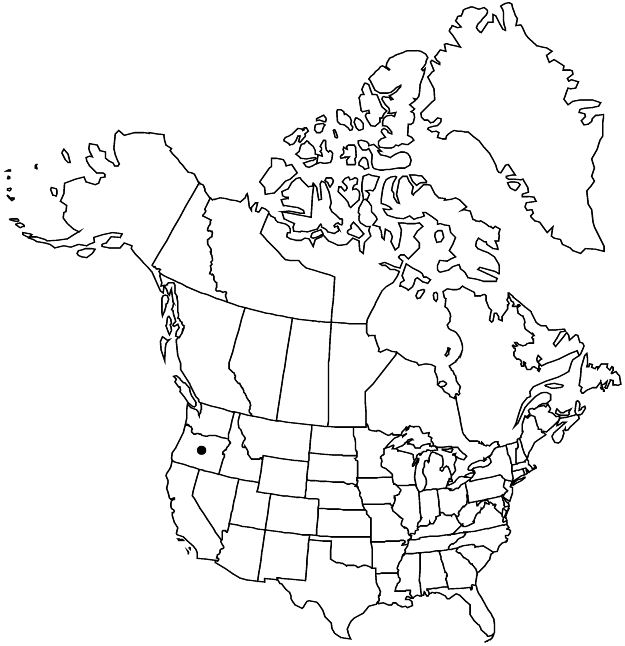Difference between revisions of "Sidalcea hickmanii subsp. petraea"
Phytoneuron 2014-113: 2, figs. 1 – 4. 2014.
FNA>Volume Importer |
FNA>Volume Importer |
||
| Line 56: | Line 56: | ||
|publication year=2014 | |publication year=2014 | ||
|special status=Conservation concern;Endemic | |special status=Conservation concern;Endemic | ||
| − | |source xml=https://jpend@bitbucket.org/aafc-mbb/fna-data-curation.git/src/ | + | |source xml=https://jpend@bitbucket.org/aafc-mbb/fna-data-curation.git/src/8f726806613d60c220dc4493de13607dd3150896/coarse_grained_fna_xml/V6/V6_610.xml |
|subfamily=Malvaceae subfam. Malvoideae | |subfamily=Malvaceae subfam. Malvoideae | ||
|genus=Sidalcea | |genus=Sidalcea | ||
Revision as of 17:49, 18 September 2019
Plants (0.3–)0.5(–0.9) m, with caudex and taproot. Stems erect, green, often tinted pale brick-red proximally, finely stellate-pubescent (some parts ciliate, and minute simple hairs sometimes present), hairs 0.1–1 mm diam., 2(–5)-rayed. Leaves: stipules falcate, ovate-lanceolate, 5–6 × 2–2.5 mm; proximal petioles (3.5–)5–6.5(–9) cm, 1/2–3 times as long as blade, shortest (0.5–)1–2(–3.2) cm on distalmost leaves; blade usually flabelliform or reniform, often wider than long, rounded at apex, base wide-cuneate to wide-cordate, unlobed, margins coarsely crenate-dentate; proximal (2–)3–4.5 × (2.3–)3–5.5 cm, surfaces stellate-hairy, hairs 2–3(4)-rayed, hairs usually not overlapping, sparser adaxially. Inflorescences erect or ascending, often 8 racemes present per major stem, each terminating a stem branch, flowers apically congested and not or only slightly elongating in age, unbranched or few-branched, (1.5–)3.5–5(–7.5) cm (excluding peduncle if present); bracts paired and distinct to base, or 2-fid or undivided distally, narrowly lanceolate to oblanceolate, 5–6(–8) × 1–1.5 mm, (1–)2 times longer than pedicels, slightly shorter than calyx. Pedicels 1.5–2 mm, usually not obscured by bracts; involucellar bractlets 2(3), linear to narrowly lanceolate, 4–5 × 0.2–1 mm, slightly shorter than calyx. Flowers bisexual or unisexual and pistillate, plants gynodioecious; calyx 5–6 mm, finely stellate-hairy, often sparsely so; petals white to very pale pink, pistillate 6 mm, bisexual 10–11 mm; staminal column 5–6 mm, minutely hairy; anthers white; stigmas 6–8. Schizocarps 5–7 mm diam.; mericarps 6–8, 2 mm, back and margins corrugated-ridged and with medial ridge. Seeds 1.5–2 mm.
Phenology: Flowering (May-)Jun(-Jul).
Habitat: Rocky sandstone summits, pine-oak-Ceanothus-Cercocarpus-Toxicodendron association
Elevation: 800–900 m
Discussion
Of conservation concern.
Subspecies petraea is the most isolated of the subspecies and is known only from a single population on the summit of Neil Rock, Jackson County, Oregon. The white petals and predominantly two instead of three involucellar bractlets are distinctive, and its gynodioecious habit is also quite unusual for the species overall. It is likely threatened by fire suppression and possibly by recreational activity and/or mining. Subspecies petraea grows on sandstone with significant deposits of cinnabar rather than the serpentine characteristic of most of the other subspecies.
Selected References
None.
